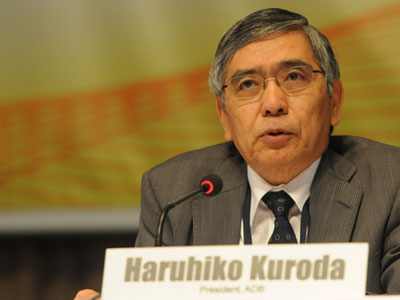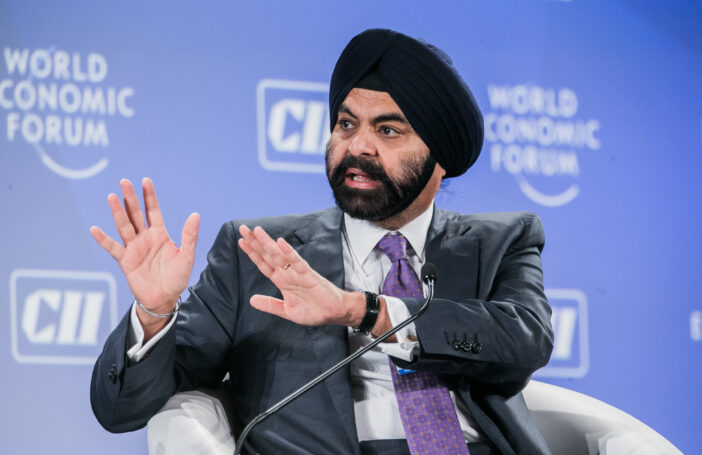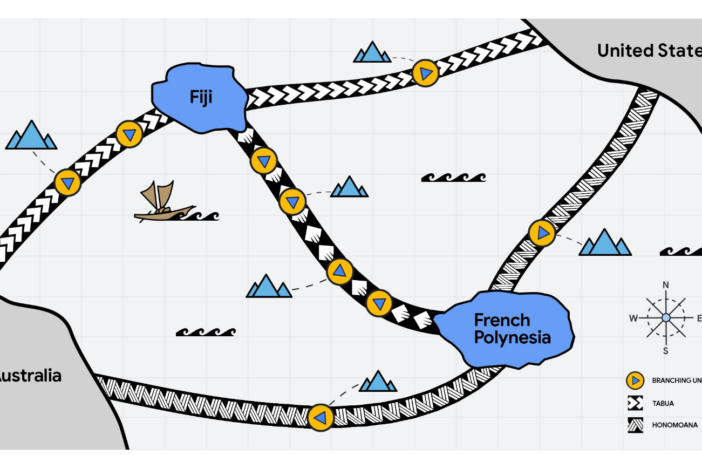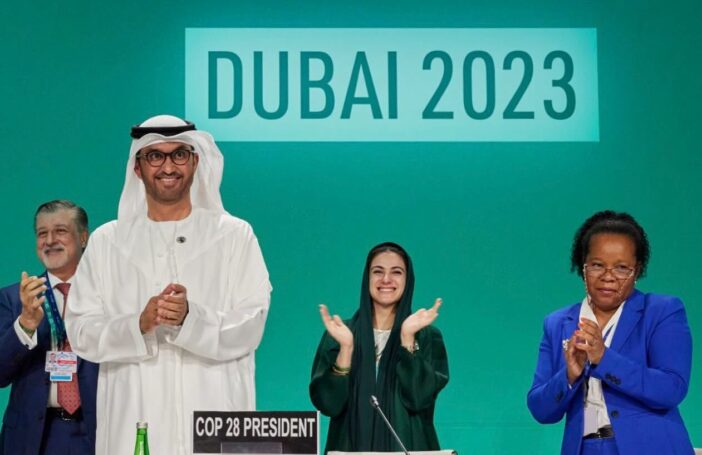A competitive process for the ADB Presidency?
ADB President Haruhiko Kuroda will step down in the middle of March to become Governor of the Bank of Japan. He will leave as the 8th President of the Bank, and the 8th Japanese head of the organisation.
The announcement that Kuroda is leaving comes with no hint of whether there will be a competitive selection. The World Bank still has an American President, and the IMF a European, but both institutions at least put the semblance of a competitive process in place the last time their top positions were vacant.
China has seemed reluctant to challenge the status quo in the World Bank and the IMF, but reports suggest that it may be ready to challenge Japan’s hold on the post.
Sri Mulyani, former Finance Minister of Indonesia and currently a Managing Director at the World Bank, would make an excellent candidate for the top job at the ADB, but Indonesia has already indicated it is happy with Japan keeping the top job. Another potential candidate could be Montek Singh Ahluwalia, Planning Commission Chair in India for almost the last decade, and a leading architect of India’s reforms. We invite readers to suggest others.
Australia has been a fervent advocate of the need for competitive selections to head the multilaterals. Whether Australia will use its new leverage within ADB (the result of its greatly increased funding of the institution) remains to be seen. ADB has enjoyed very high ratings in recent multilateral assessment efforts, including by Australia. Failure to put in place a competitive process could endanger its standing, and ultimately future funding prospects.
2 weeks to 0.7% in the UK?
In the context of a recent controversy over whether aid will be diverted to military spending, foreign aid remains ring-fenced from cuts as the Coalition pushes forward to reaching the 0.7% ODA/GNI ratio in this year’s budget, which is set to be delivered on March 20th. A close to £3 billion increase in aid despite severe domestic austerity and defence cuts is a tall order.
During a recent trip to India, and responding to criticism of aid from the media and within his own party, UK Prime Minister David Cameron said he was “very open” to expanding the “Conflict Pool” that already exists. Jointly managed by DFID, Defence and the Foreign Office, the Pool is used to finance responsive security, demobilisation and peacekeeping measures.
The statement was immediately denounced by NGOs and some academics in the UK, who questioned the effectiveness and management of the pooling system, as well as the hint that funds might be diverted from aid to the military. However, media reporting failed to note that in 2009-10, the most recent year for which its Annual Report is available, the UK Conflict Pool only spent some £180 million, of which £120 million was ODA-eligible. Given the £3 billion ODA increase at stake, Cameron’s remarks may be more about selling an aid increase to a skeptical media and his own party than a major shift in aid policy.
In less than two weeks we will know if the UK Coalition Government has kept its commitment. Either way, there will likely be global (and Australian) aid consequences.
John Kerry and US aid cuts
John Kerry, the recently appointed US Secretary of state, has made a robust defence of the US aid budget (a position he has championed in the past), claiming that it is a much sounder investment than troops on the ground. His campaigning on the issue will have little impact if the current Congressional Sequester continues, with the State Department and USAID seeing a $2.6 billion across-the-board cut in their collective budgets, $1.7 billion of which will come from foreign assistance. Kerry has warned that “such cuts undermine our efforts to shape the broader international efforts to fight disease and hunger, invest in global health and foster more stable societies and regions.”
Dili conference on post-2015 development agenda
Last week saw the convening of an international conference on the post-2015 development agenda last week in Dili. Organised by the g7+ group of fragile states, the conference brought together nearly 50 (mostly developing) countries to discuss how the specific development challenges faced by fragile and conflict-affected states should be reflected in the post-2015 framework. You can read the Dili Consensus here, with its call for the MDGs to be overhauled to emphasize growth, peacebuilding, statebuilding and climate change. Robin Davies, who helped facilitate the conference, provides his reflections in today’s companion Devpolicy blog.
In brief
The World Bank has released a fascinating infographic highlighting Russia’s development priorities and where it sends it’s Official Development Assistance.
Justine Greening has outlined her vision for the UK aid program in more detail than ever before, pushing forward the value-for-money and transparency agendas and targeting “poor performing” multilateral institutions.
The EU reached a historic budget-cutting deal in February which effectively freezes the regional bloc’s aid budget at current levels.
Recent meetings in Jakarta and London have seen disaster risk reduction and combating inequality (including gender inequality) being thrust onto centre stage in the post-2015 development agenda debate.
The World Bank has released a 22 country study on universal health coverage. Less than half of the case studies covered in the report had systems to measure improvements in people’s health.
A new database by the United Nations Economic and Social Commission for Asia and the Pacific (ESCAP) and the World Bank reveals that developing countries are facing higher trade-costs.
President Obama reaffirmed his country’s commitment to end extreme global poverty in two decades in this year’s State of the Union address.
Jonathan Pryke is a Researcher at the Development Policy Centre. Stephen Howes is Director of the Centre.




